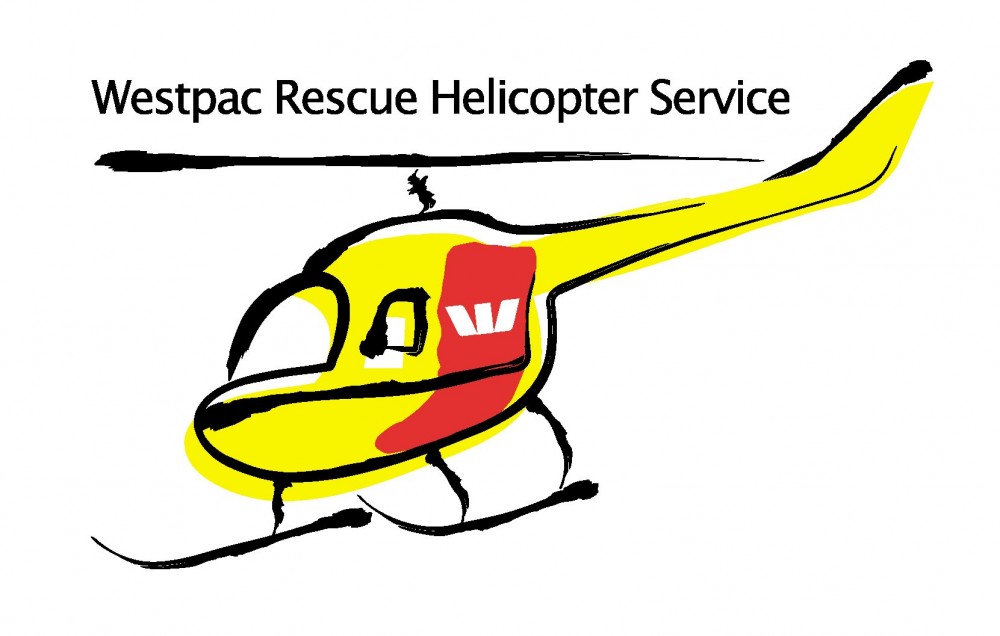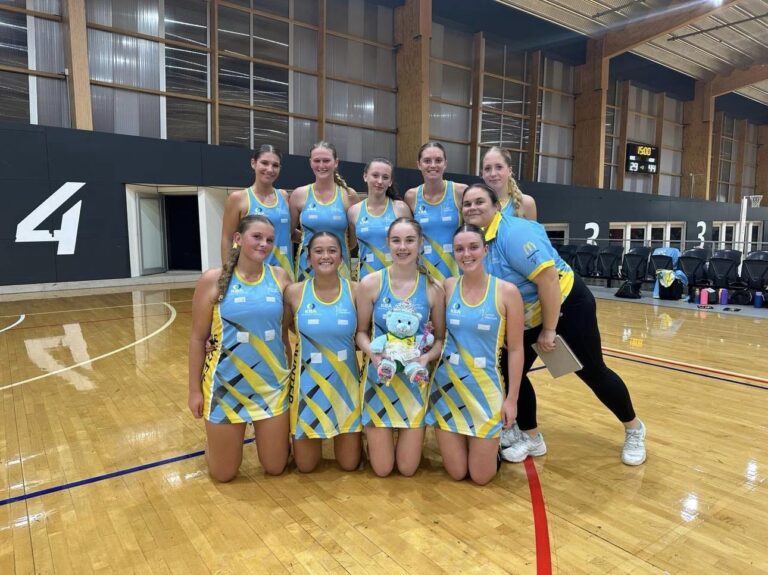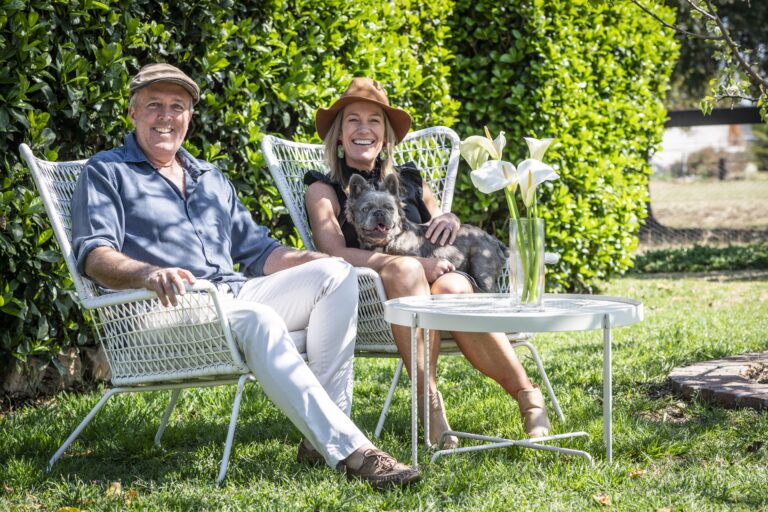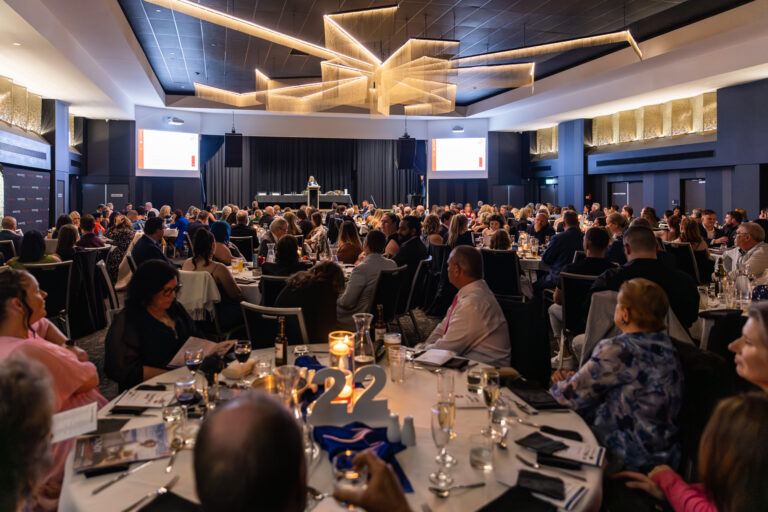Richard Jones has been the General Manager of the Westpac Rescue Helicopter Service since 1995. His outstanding leadership skills and vision are credited by the Board and major stakeholders as having made it possible to build the organisation into one of the most reputable and respected parts of the emergency service networks in Australia.
His leadership skills stem from tandem careers in sport and the hospitality industry. In Rugby League he was a senior player in Sydney and later in his home region of the Hunter. He has been a successful captain and coach of both club and representative teams. Parallel with this sporting career Richard developed management and administrative skills in the hospitality sector.
- Tell us about your career and how you found yourself running one of the most successful community-based businesses?
This November marks 20 years with this organisation, which actually blows me away as I still remember the day I started. I was working at Souths Leagues Club and I had a bit of a profile in sport with Mike Rabbitt with the NBN Knights call. Allan McMarn had just left the Helicopter and gone back to Wollongong to coach and the Service was looking for someone who had contacts throughout the community.
It’s been a ride since when we started ‚Äì with 20 staff and a budget of 4 million and this year the annual turnover was $14 million, we have almost full-time 60 staff and we just won a 10-year contract, so it’s been quite an extraordinary journey.
- What you have learnt about leadership in your career?
I think I’ve been pretty lucky in that the 20 staff we had 20 years ago, I’ve been able to grow with them. It’s quite extraordinary the longevity of our staff, we’ve got lots of people that have been there for a long time and most of them have been there with me for the journey.
I think it’s just being fair, open and honest. I have learnt that you can’t please everything. That’s one of the hardest things for me because I like to be friends with everyone, but I know that that’s not always the way it can be.
- What tricks do you have to manage your priorities and your time?
In my job, it’s really not a job it’s a way of life. I’ve really grown into this, much to the detriment of my family, with two little ones. But I have really been trying to change that. One of the things has been resourcing at work, I have a really good management team who are able to take a lot of the heat off me. Because our area is so vast, in fact more than third of the state, there’s lots of times that you need to go out there. Volunteers don’t want a lot, but if they raise some money they just want you to turn up and say thanks. We’ve got people out of our base in Tamworth that can go out and do that, but I have developed relationships over the 20 years in Moree to Weewar to Narabri and out to Armidale. I know those people, I like those people, I love what they do for the community. It feels important to be there. I need to reprioritise now, with an 11 and 8 year, I need to be there more for them. So I’m now not travelling as much, but more towards Lismore as we work to integrate for the new contract.
- What do you believe makes a good leader?
Being fair, open and honest – I don’t think there are too many other tricks.
I’ve got lots of very high quality people in their specific fields in aviation, so I need to have relationships with those guys to make sure they have the resources to do their job. We work in such a regulatory environment, if we don’t get it right, unfortunately people can get hurt, So we need to be on top of our game and my job is to give those guys the absolute resources they need to fulfil their job.
I need them to be happy, so I need to have personal relationships with them too and regular communication is also one of my keys to success.
- What local businessperson do you find inspiring?
I did my HSC in 1979 and I didn’t know what I wanted to do. My Dad said the only thing I wasn’t going to do was go on the dole. So I got a job with BHP as a fettler and I worked with some wonderful older gentleman and they taught me some things about work, life and work ethic that have stayed with me to that day.
I really pay tribute to the working background of Newcastle, the blue-collar background and the Union movement.
From a business perspective, because we need to move that way, we can’t live in the past, we have to keeping moving forward but with an eye on the past. I read an article recently about Paul Broad and he has inspired me. I have gotten to know him a little bit and I like his attitude about getting things done ‚Äì but not at all costs. I think Paul is one of those guys that, whilst I couldn’t work in the sphere, I really admire what he’s done for Newcastle. Even living in Canberra, he hasn’t forgotten his roots.






